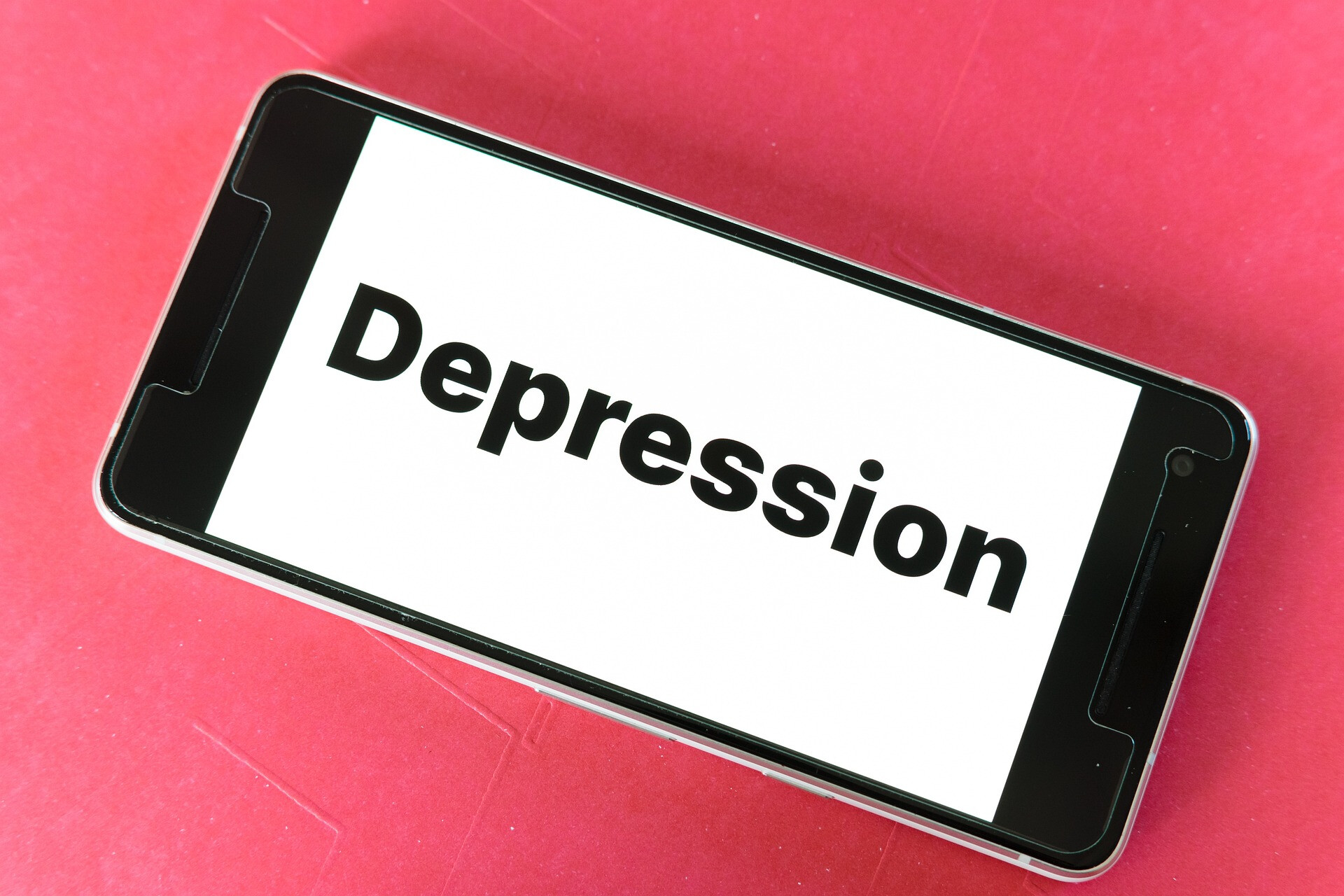Finding Hope in the Valley: Lessons from Elijah's Battle with Depression

Depression can feel like a dark, isolating place. It’s an emotional and mental struggle that can make us feel like we’re trapped in a pit with no way out. Whether it’s caused by external circumstances or an internal battle, depression can leave us feeling exhausted, hopeless, and disconnected from the world around us. The Bible acknowledges our struggles with emotional turmoil, and one of the most powerful stories of battling despair comes from the prophet Elijah in 1 Kings 19:1-18. In this passage, Elijah, a mighty servant of God, sinks into deep depression after a great victory, showing us that even the most faithful can experience moments of despair. Yet, God’s response to Elijah in his dark time provides profound insights into how we can find hope even in the midst of depression.
The Story of Elijah's Depression
In 1 Kings 18, Elijah had just witnessed a monumental victory over the prophets of Baal on Mount Carmel. God had shown up in a mighty way, sending fire from heaven to consume Elijah's offering and proving His power over false gods. But shortly after this victory, Elijah faced the wrath of Queen Jezebel, who threatened to kill him. Fearful for his life and overwhelmed by the pressure, Elijah fled into the wilderness, exhausted and emotionally drained.
He prayed to God, asking for death, saying, “I have had enough, Lord. Take my life; I am no better than my ancestors.” (1 Kings 19:4). He lay down under a tree, seeking to escape his pain. Yet, even in his despair, God did not abandon him. Instead, God provided for Elijah's physical and emotional needs, offering him rest, nourishment, and gentle guidance. After an angel fed him, Elijah journeyed to Mount Horeb, where he encountered God—not in the expected grand display of power, but in a gentle whisper. In that moment, God reassured Elijah that he was not alone and that there was still work to be done. Elijah was given new purpose and encouragement, despite his feelings of failure and exhaustion.
Key Takeaways from Elijah's Experience with Depression
- Even the Most Faithful Can Struggle with Depression
Elijah’s story reminds us that experiencing depression or moments of despair is not a sign of weakness or a lack of faith. He had just witnessed God’s power in a dramatic way, and yet, he was still overwhelmed by fear, exhaustion, and hopelessness. It’s important to recognize that mental and emotional struggles can affect anyone, regardless of their faith or accomplishments. - Physical and Emotional Rest are Crucial
One of the first things God did for Elijah was provide him with rest and nourishment. After Elijah collapsed in exhaustion, God sent an angel to feed him and told him to sleep. In times of depression, our bodies and minds often need rest to begin the healing process. Pushing through without taking care of our physical needs can intensify feelings of hopelessness. Rest is not a sign of weakness; it's an act of self-care that allows us to heal. - God Meets Us in Our Darkness
When Elijah felt completely alone and wanted to give up, God didn’t respond with condemnation. Instead, God gently guided Elijah with a whisper. God meets us in our darkest moments, not with judgment, but with compassion and quiet reassurance. Even when we feel abandoned or unnoticed, God is present, offering peace and support in ways that are often subtle but deeply comforting. - You Are Not Alone
After Elijah’s encounter with God, he felt encouraged and ready to continue his journey. God assured Elijah that there were still 7,000 in Israel who had not bowed to Baal (1 Kings 19:18). In moments of depression, we often feel isolated, but God reminds us that we are not alone in our struggles. There are people around us who understand, and there is a community of believers who can support us. It’s important to reach out and connect with others, even when we feel like withdrawing. - Purpose and Hope Can Be Restored
After Elijah’s encounter with God, he was given a renewed sense of purpose. God told him to anoint new kings and to appoint Elisha as his successor. Even in the depths of despair, God had a plan for Elijah’s life. Depression can sometimes obscure our sense of purpose, but God’s plans for us are still active, and He can renew our sense of direction, hope, and calling—even when we feel lost or without purpose.
5 Things You Can Do to Help with Depression
While the story of Elijah shows how God intervenes in the depths of despair, there are also practical steps we can take to help manage and address depression. Here are five things you can do if you’re struggling with depression:
- Take Care of Your Body
Depression often manifests physically, so taking care of your body can play a significant role in healing. Make sure you’re eating nourishing food, getting enough sleep, and exercising regularly. Physical well-being impacts mental health, and small changes in these areas can help improve mood and energy levels. - Rest and Recharge
Like Elijah, when we’re emotionally depleted, the best thing we can do is rest. Give yourself permission to step back from the demands of life, even if it’s just for a short time. Rest is essential for recovery, and sometimes the most spiritual thing you can do is take a nap or go for a walk to clear your mind. - Seek Support from Others
Elijah had companions in his journey, even though he felt alone. You don’t have to walk through depression by yourself. Reach out to a trusted friend, family member, or counselor who can offer support, listen, and pray with you. Sometimes the act of simply sharing your feelings can lighten the emotional load. - Spend Time in Prayer and Reflection
God spoke to Elijah in a gentle whisper, and in our own moments of darkness, He can speak to us too. Spend time in quiet prayer, listening for God’s still, small voice. Ask God for peace, strength, and clarity. Reading Scripture and reflecting on God’s promises can also help renew your hope and perspective. - Seek Professional Help
Depression can be overwhelming, and there’s no shame in seeking professional help. A counselor, therapist, or doctor can offer guidance, support, and treatment options that can help you manage depression more effectively. Just as we would seek medical help for a physical illness, seeking professional mental health support is an important step toward healing.
Depression is a struggle many of us face, and it’s important to acknowledge that it doesn’t mean we’re failing or that we’ve been abandoned by God. Elijah’s experience in 1 Kings 19:1-18 is a powerful reminder that even in our darkest moments, God is present, offering us rest, reassurance, and a renewed sense of purpose. As we navigate our own battles with depression, may we remember that we are not alone, and that God is always ready to meet us in our deepest pain, bringing healing, hope, and strength.


